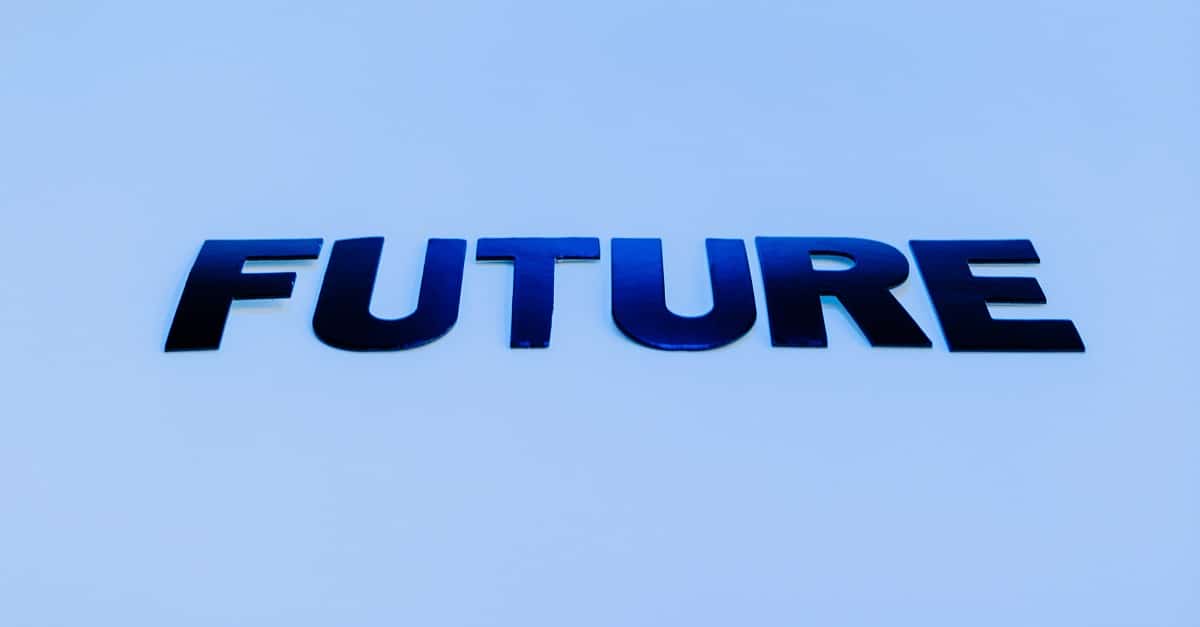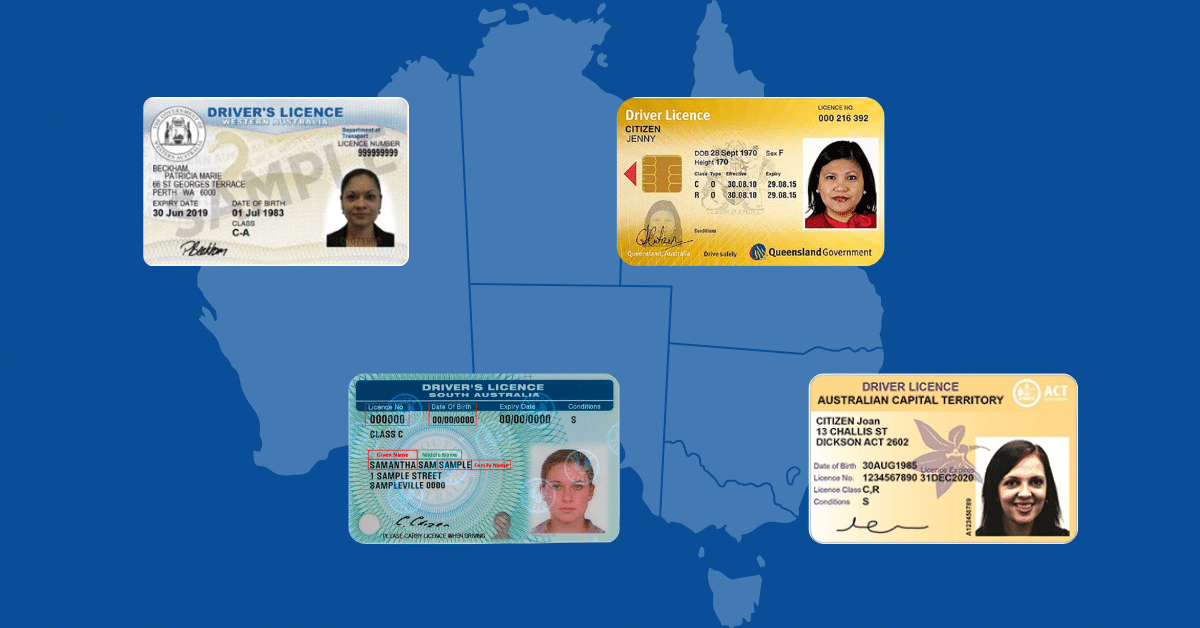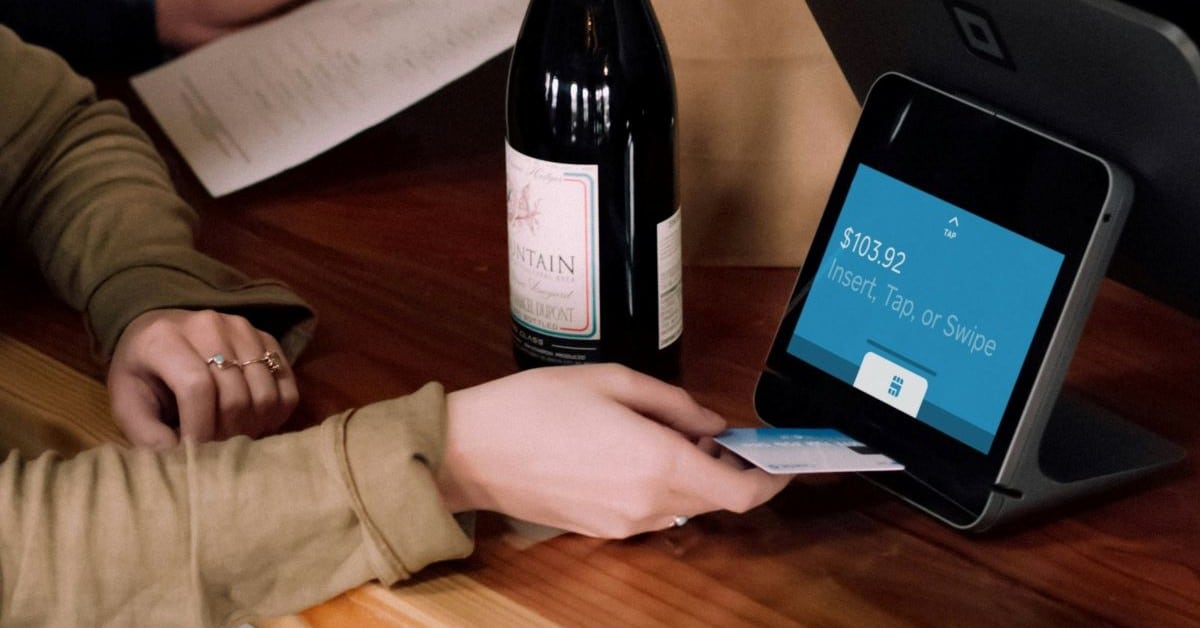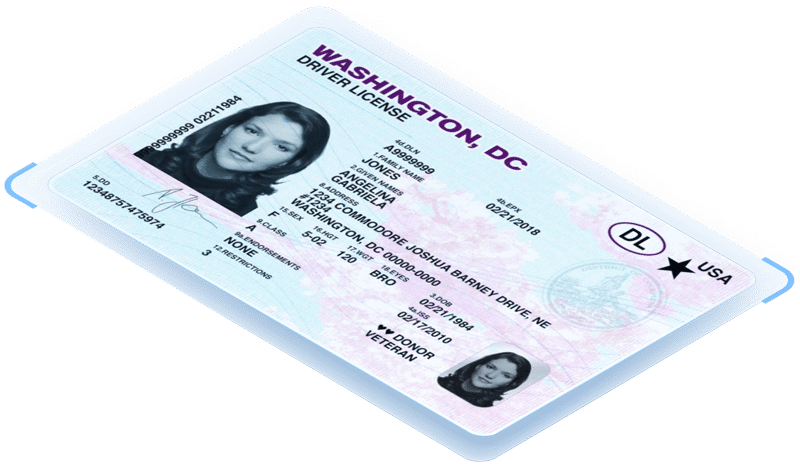Last updated on July 31st, 2024 at 05:35 pm
Interview with IDScan.net CTO, Andrey Stanovnov
What are the 5 things you are most excited about/looking forward to in regards to identity tech and digital identity verification?
Mobile validation of physical documents drivers’ license/passports using mobile cameras and selfies
Our phones now have the tools we need to do basic identity verification. Of course to truly authenticate an ID you need specialized cameras and machinery, but for many purposes a phone works great for verifying that someone is who they say they are.
Growing adoption of digital IDs
It is funny that Louisiana, which most people don’t think of as a high-tech state, is one of the first states to offer a drivers’ license app for your phone. You really don’t even need to carry a physical ID in Louisiana now. I definitely see more states going this way.
Visitor management and access control based on proximity sensors
Geo-fencing is the future, both for security, and creating really outstanding personalized experiences. Combined with ID scanning and biometrics like facial recognition, there is just so much opportunity. Secure facilities have been using this tech for years, but we’re now seeing it be deployed in more consumer environments like retail, casinos, and nightclubs, and what it can do is very powerful.
Gathering demographic information from ID scans and/or biometrics
One of our casino clients was recently telling us how the demographic information from their ID scans was actually the first way they were able to tell that out-of-state visits were trending up. Their hotel bookings were not yet trending, but they were scanning more drive-state IDs. Having this knowledge enabled them to get very proactive with marketing, planning, and operations. So I think we will see more decision-making being made based on identity information gathered on-site.
Increased public acceptance of ID scanning
I think COVID-19 created a big shift. Everyone had to quickly get much more comfortable with showing their IDs, vaccination cards, and/or test results to enter public places, travel internationally, and conduct business. So I think we will see more integration of digital identity verification in our daily lives, simply because people are less resistant to it.
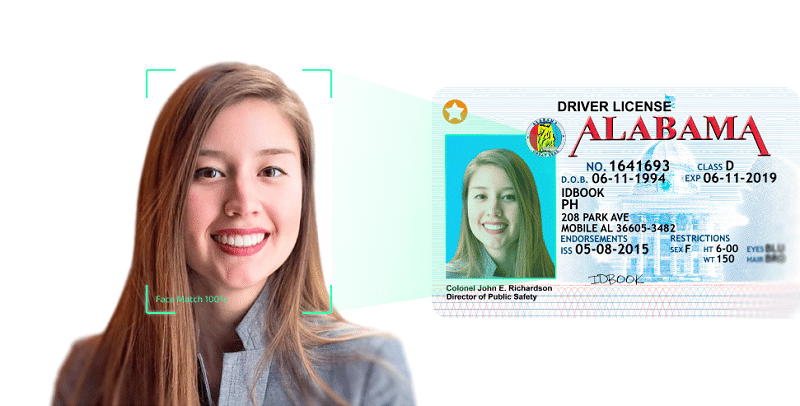
How do you see companies navigating the experience between personalized experiences and privacy?
I believe strongly in what I call “elective convenience.” Some great examples of elective convenience are TSA Precheck, CLEAR enrollment, or saving your credit card to your Google account. None of these things are required to live your life, but the end consumer is offered the option to give up a small amount of privacy in order to add convenience to their life.
I think as a society we are becoming more and more convenience-driven. We use less cash. We demand backup cameras or self parking features in our cars. We default to shopping on Amazon because we can check out with a single click. Brands that add options for elective convenience continually perform better.
But we are also seeing legislative directives to allow consumers the option to opt out and to control how their personal information is used. This helps keep companies honest and ensure they safeguard user information, and ensures that the convenience always remains elective.
So I see the balance between privacy, security, and convenience as a personalized experience in and of itself. Elective convenience ensures consumer comfort.

If you had to place a bet on one piece of technology for the next 10 years, which would you invest in?
Not exactly the most lucrative place to put my chip, but I think we are going to see much more synergy between the government, and public institutions, and our phones. In Louisiana we already have our drivers’ licenses on our phone inside an app. It is secure, super simple to use, and a great experience. The other day I got a push notification that I needed to renew my license and I did it with 3 clicks inside the app. I would be surprised if all 50 states didn’t offer this technology within 5 years.
But I think it will go even further. Library cards should be on your phone. In Louisiana your fishing and hunting licenses and COVID vaccine cards are also on your phone. Insurance cards should be on your phone. Student IDs should be on your phone.
So my big bet will be on the technologies that allow institutions, even institutions that require a high degree of security, to allow for instant validation for electronic IDs. I bet on a future in which any identity document you need is stored securely on your device, and validation for new accounts is easily done via camera and selfie.
Which IDScan.net/VeriScan feature are you the most proud of and wish more people knew about?
ID parsing – that is, scanning an ID’s barcode and automatically capturing all the information from the ID (name, DOB, address, age, etc.) was the very first software feature we launched. And it is still unbelievably underutilized. I am continuously blown away when I see companies – even very large companies – using pen and paper to capture this information. Not only is that prone to error, but it takes valuable man hours. Even more maddening is when the front desk agent scans the ID, and then manually types in all the information from the ID – turning something that should be one step into two separate tasks.
I see this a lot in medical offices. We know healthcare is an industry that still uses a lot of legacy technology and I really would love to see an overhaul of digital identity verification and intake process. There is so much duplicative effort and manual entry going on that is easily resolved with IDScan.net products.
Is there anything exciting that IDScan.net is working on for 2022?
We have three major technology initiatives that I am super excited about.
One is a complete overhaul of our VeriScan product. We have completely redesigned the interface, added tons of new features, and made it much faster and even more accurate. The new VeriScan is currently in QA and the beta will be released to select customers shortly. I am very excited to hear their reactions.
We also have invested substantial development effort in our digital identity verification product (DIVE API). This product is very straightforward for the end user – they simply take a photo of their ID, snap a selfie, and our software does the rest. So from their perspective this software is simple – but it uses ID parsing, ID scanning, and facial recognition to provide a seamless experience. A lot of work is being done under the hood to make it faster and more accurate. That product is now being used by some very large customers and I’m excited to see it rolled out to even more companies.
And last is a small, but meaningful project – Kojak fingerprint scanning to .EFT (electronic fingerprint transfer) file. Right now the process of taking and submitting fingerprints is extremely time consuming – the ink prints take months to be processed by federal agencies. Submission by file will reduce the time for approval from 14 months to a matter of weeks. So we are excited to launch scan-to-.EFT capabilities using the Kojak scanner in late Q2.
Overall, we have so many development initiatives going on. It is a very exciting time for IDScan.net and the digital identity verification industry.

